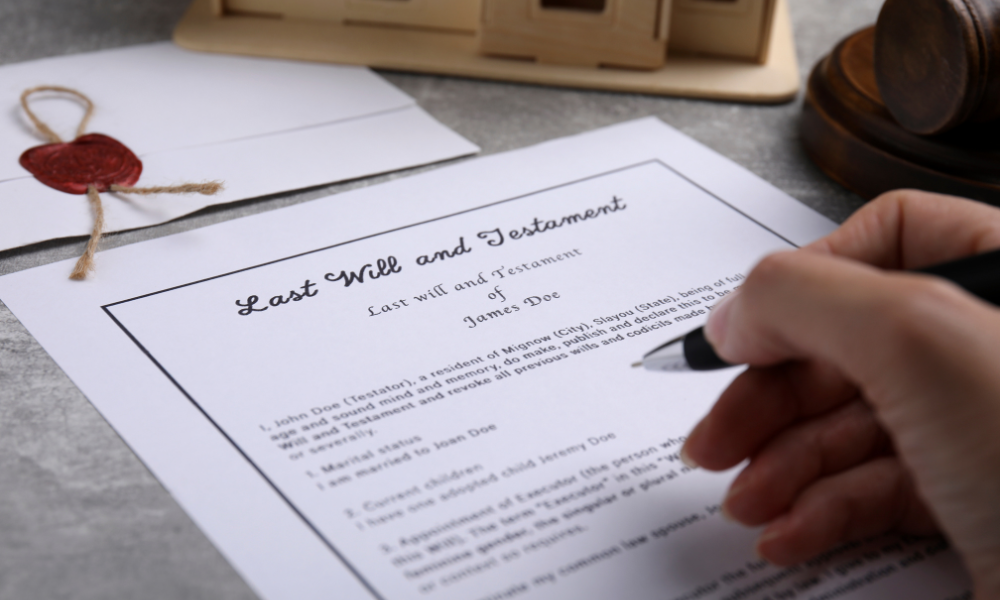
Ruling asks granddaughter to repay estate $200,000 for gift made in her grandmother's lifetime

The NSW Supreme Court has ordered an estate to make a further provision under ss. 59 and 65(2)((f) of the Succession Act 2006 to the granddaughter of a deceased woman in a sum equivalent to the value of a chose in action for recovery.
The woman passed away due to COVID-19 in February 2022 at the age of 93. Her will dated March 2021 made specific gifts. It then divided the estate’s substantial remaining asset – her house in Forestville, a Sydney suburb – equally among her four children and one of her grandchildren, who was the plaintiff in this case.
The will gave the plaintiff a first testamentary right to purchase the house as long as she paid 80% of the property’s market value to the four other major beneficiaries. When the plaintiff did not exercise this right, the house was sold for $2.85m and the estate’s balance was held in cash.
The defendant and executor in this case was the youngest son of the deceased, who secured probate of the estate from the New South Wales Supreme Court in May 2023.
In the present proceeding, the plaintiff requested an order under s. 59 of the Succession Act for a further provision from the estate. She alleged that she needed enough to buy herself a house and to be more secure against life’s contingencies.
The defendant’s cross-claim wanted to set aside a gift of around $200,000 that the deceased allegedly made to the plaintiff around three months before her death.
In Bosschieter v Howitt, [2024] NSWSC 1676, the NSW Supreme Court issued a decision finding the plaintiff an “eligible person” under s. 57(e) of the Succession Act and thus qualified to make a claim for a provision out of the estate.
The court saw factors warranting the plaintiff to bring this claim under s. 59(1)(b). The court added that she was able to show to a limited degree under s. 59(1)(c) that the estate failed to make a sufficient provision for her proper maintenance, education, or advancement in life.
The court ruled that the circumstances in this case met the test in Curtis v Curtis, [2024] NSWCA 1376, given that the deceased prior to her death had been providing the plaintiff and her mother with the necessaries of life.
On the defendant’s cross-claim, the court ordered the plaintiff to repay $200,000 to the estate plus interest and costs. The court decided that the plaintiff, through undue influence and unconscionable conduct, procured a bank transfer of approximately this amount to the plaintiff’s name from the deceased’s account about three months before her death.
The court noted that this would more or less neutralise the benefit that the deceased intended to provide to her granddaughter under her will. The court added that it would have been obvious to a reasonable person in the plaintiff’s position that the gift was improvident, considering that the amount transferred was the deceased’s life savings back in November 2021.